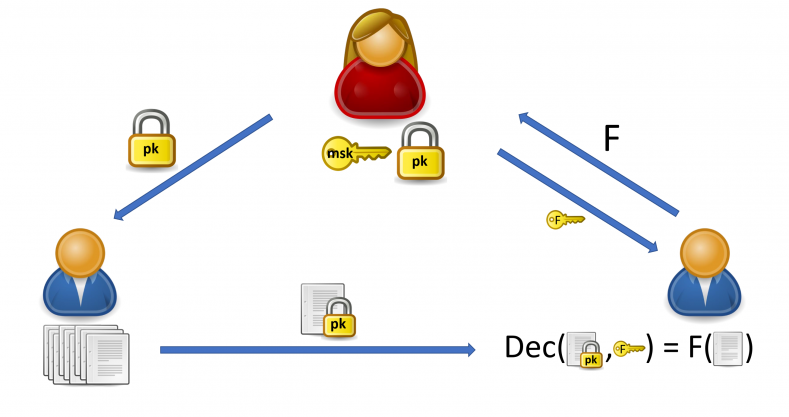Secure Multiparty Computation: A Primer
Secure Multiparty Computation (SMC) is a cryptography subfield that enables multiple parties to jointly compute a function over their…

Secure Multiparty Computation (SMC) is a cryptography subfield that enables multiple parties to jointly compute a function over their inputs while keeping those inputs private. In simpler terms, SMC allows a group of people or organizations to work together to solve a problem or perform a computation without revealing their data to each other.
To better understand the concept of SMC, consider the following example:
Three pharmaceutical companies want to jointly analyze their clinical trial data to develop a new drug. However, they are unwilling to share their confidential data. Using SMC, they can perform the necessary computations on their combined data without revealing specific details about the individual datasets.
SMC is based on two fundamental principles:
- Privacy: Each party’s input remains secret and is not revealed to the other parties during the Computation. Even the final result of the Computation does not disclose any information about the individual inputs.
- Correctness: The final result of the Computation is accurate and can be verified by all parties involved.
There are several techniques used in SMC to achieve privacy and correctness, including:
- Secret Sharing: This method divides the data into multiple random shares distributed among the participating parties. The data can only be reconstructed when sufficient shares are combined. Secret sharing ensures that no single party has access to the original data.
- Homomorphic Encryption: This form of encryption allows computations on encrypted data without decrypting it first. With homomorphic encryption, parties can compute a function over encrypted inputs and obtain an encrypted result. The result can be decrypted later by an authorized party.
- Garbled Circuits: This technique transforms a function into a secure, encrypted representation called a garbled circuit. The parties then perform the Computation using the garbled circuit and encrypted inputs without gaining any knowledge of the underlying data.
Use Cases
SMC has numerous applications across various industries:
- Healthcare: SMC can be used to securely share patient data between hospitals and research institutions, enabling collaborative research without violating patient privacy.
- Finance: Financial institutions can use SMC to detect fraud and monitor transactions without revealing sensitive customer information to third parties.
- Cybersecurity: SMC can help organizations collaborate on threat intelligence and incident response without disclosing confidential data.
Challenges and Future Directions
Key challenges:
- Scalability: SMC can be computationally intensive and may not scale well for large datasets or complex computations. However, ongoing research aims to develop more efficient algorithms and techniques to address this issue.
- Standardization: SMC needs standardized protocols and frameworks, which can hinder widespread adoption. Developing industry-wide standards will enable seamless collaboration and interoperability between different systems.
Secure Multiparty Computation enables parties to jointly compute functions over their private data without revealing it, helping to promote collaboration and innovation in a privacy-based manner.
Follow me on Medium, LinkedIn, and Twitter.
All the best,
Luis Soares
CTO | Head of Engineering | Cyber Security | Blockchain Engineer | NFT | Web3 | DeFi | 0x546563684C6F766572
#cryptography #privacy #secret #encryption #protocols #smartcontracts #ethereum #web3 #security #confidentiality #softwareengineering #softwaredevelopment #coding #software
More content at PlainEnglish.io.
Sign up for our free weekly newsletter. Follow us on Twitter, LinkedIn, YouTube, and Discord.
Interested in scaling your software startup? Check out Circuit.



